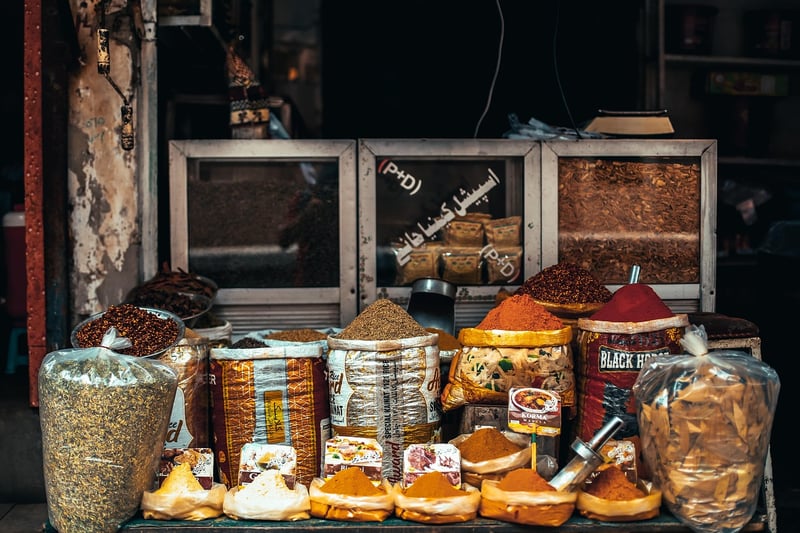Ingredient Substitutions
Enhance Your Culinary Skills + Ingredient Substitutions
Introduction
Are you looking to elevate your cooking game? Whether you're a novice in the kitchen or a seasoned chef, there's always room for improvement. One way to enhance your culinary skills is by mastering ingredient substitutions. Being able to swap out ingredients can save you in a pinch and open up a world of new flavor possibilities. Let's explore some essential ingredient substitutions that will help you become a more versatile and creative cook.
1. Butter Alternatives
Butter is a common ingredient in many recipes, but if you're looking to cut down on saturated fat or are running low on butter, there are several alternatives you can use. Olive oil, coconut oil, and ghee are great substitutes for butter in both cooking and baking. Each alternative brings its unique flavor profile to dishes while providing a healthier twist.
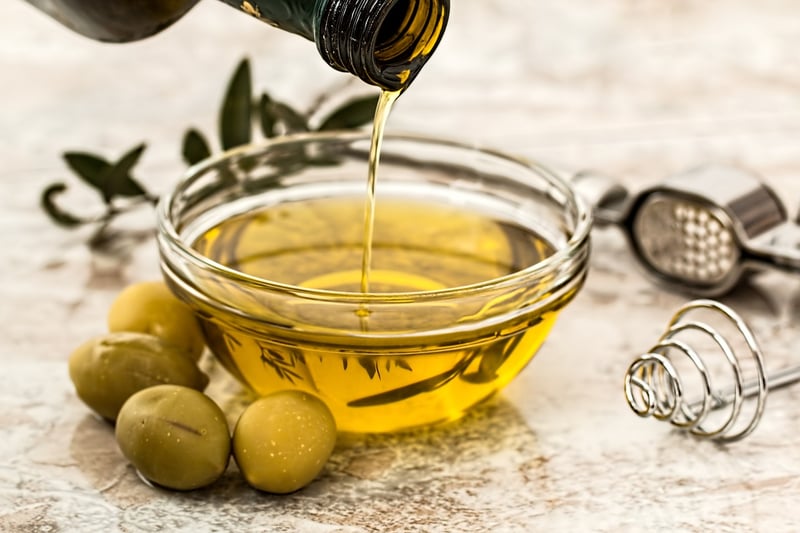
2. Egg Replacements
For those with dietary restrictions or allergies, finding a suitable egg replacement is crucial. Applesauce, mashed bananas, chia seeds, and flaxseeds are excellent substitutes for eggs in baking recipes. These alternatives not only bind ingredients together but also add moisture and richness to your baked goods.
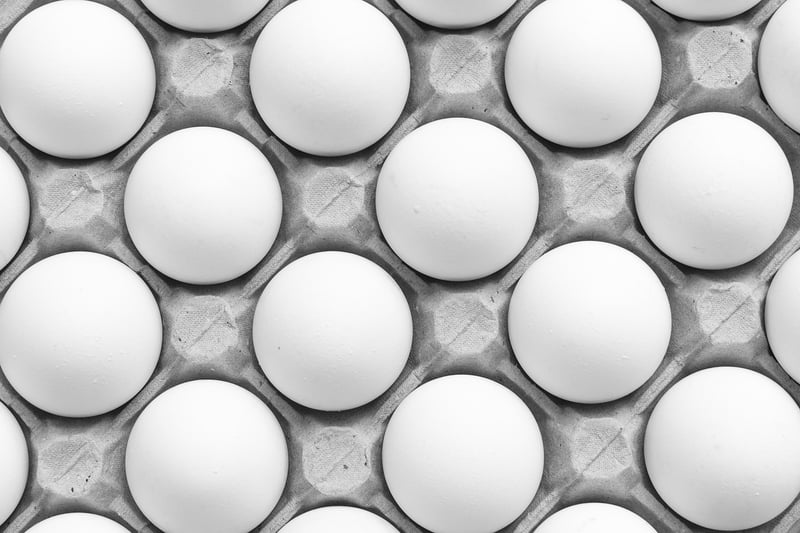
3. Herbs and Spices Swaps
Herbs and spices play a significant role in enhancing the flavor profile of a dish. If you're missing a particular herb or spice, don't worry; there are plenty of substitutions available. For example, if a recipe calls for fresh herbs but you only have dried herbs on hand, you can use a smaller amount of dried herbs instead. Additionally, you can often substitute one type of peppercorn for another or swap out one type of chili powder for another to adjust the heat level.
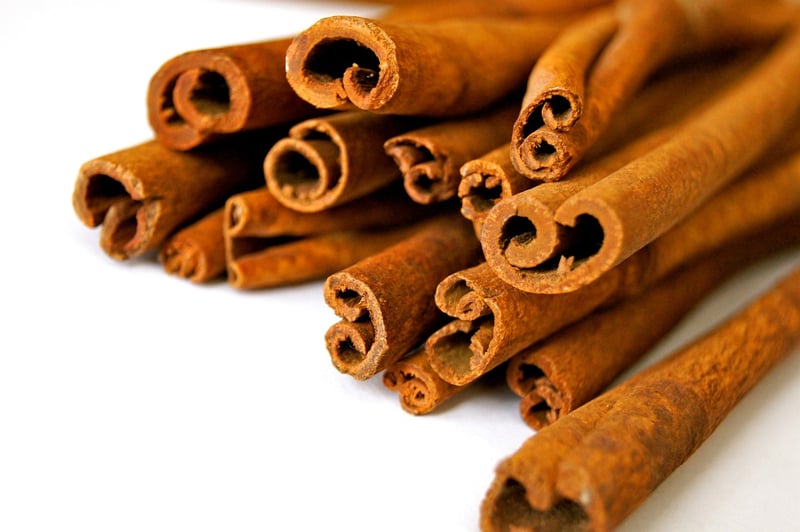
4. Dairy-Free Milk Options
Whether you're lactose intolerant, vegan, or simply out of milk, there are plenty of dairy-free milk options to choose from. Almond milk, coconut milk, soy milk, and oat milk are popular substitutes for cow's milk in both cooking and baking. These alternatives offer a unique flavor profile and can add a creamy texture to your dishes.
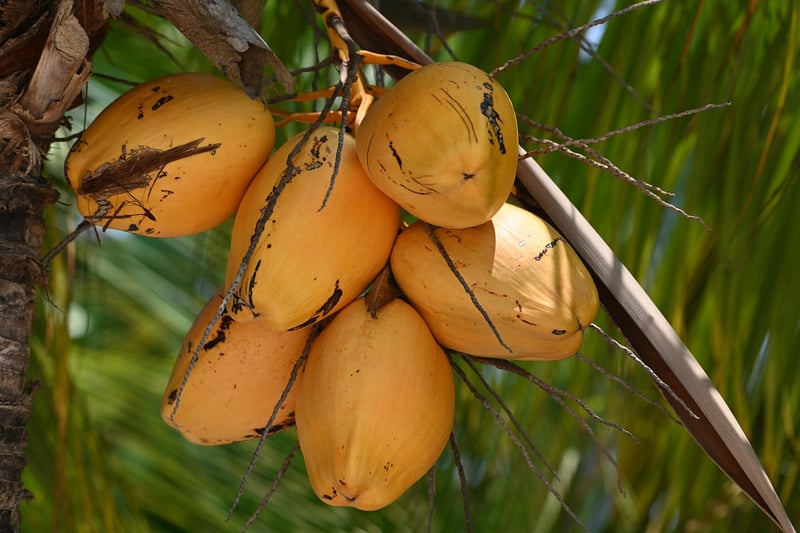
Conclusion
Mastering ingredient substitutions is a valuable skill that can take your cooking to the next level. By understanding how to swap out ingredients effectively, you can adapt recipes to suit your dietary needs, preferences, and ingredient availability. Experiment with different substitutions to discover new flavor combinations and make your dishes truly unique. So, roll up your sleeves, get creative in the kitchen, and let your culinary skills shine!
